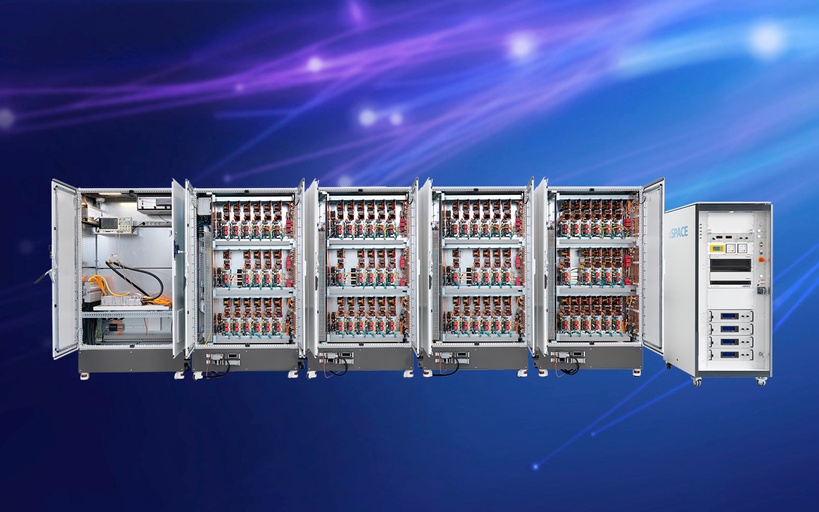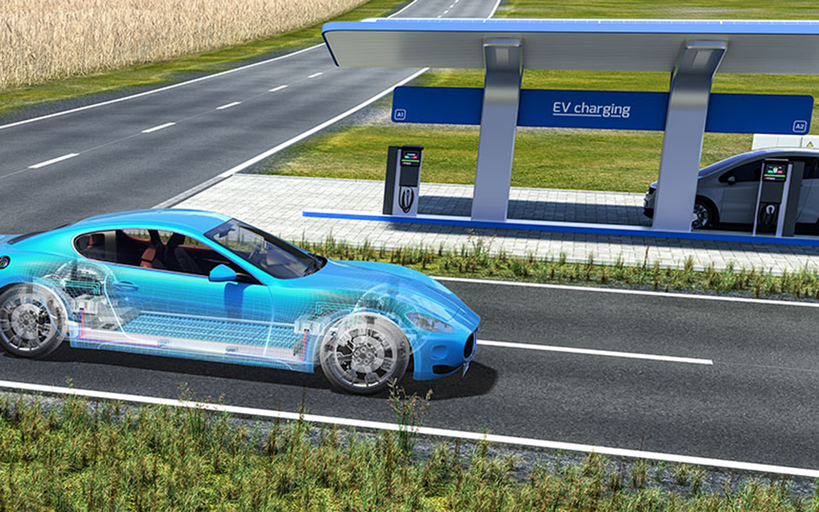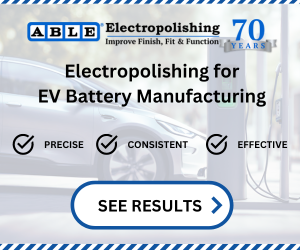Testing traction inverters, including the controller and power electronics, at full power can be a challenge. Real components are not yet available or the conventional test benches simply don’t offer enough flexibility to test the controller robustness. This is where Power HIL systems come into play.
Power Hardware-in-the-Loop (Power HIL) simulators can provide testing capabilities for motor inverters during development and validation of electric motor drive systems. The Power HIL provides the emulation of real-world electrical grid conditions and motor loads to assess the performance and reliability of the motor inverter. Simulating various operating scenarios, including voltage sags, surges, and transient events, Power HIL testing allows engineers to thoroughly evaluate an inverter’s response, control algorithms, and fault tolerance.
Join this webinar at the Fall Virtual Conference on EV Engineering to learn about the Power HIL systems that dSPACE offers—tailor-made for HIL simulation at the power level.

dSPACE systems offer the flexibility to test the inverter without the real motor, allowing for configuration changes, without hardware changes, enabling true-of-life simulation without mechanical limitation. dSPACE Power HIL Systems combine the flexibility of established HIL systems with the full power found on dynamometers or in real-world prototypes.
Other sessions at our Fall Virtual Conference include:
Next Generation PCB Relay Solutions to Replace Contactors in EV Chargers

The design of AC and DC EV charger products continues to evolve to meet the demand in the market for higher output power and compact packaging. The traditional solution is to utilize contactors, which are often costly, large, and require manual assembly. OMRON has developed solutions to these problems with their next generation PCB relays which are cost effective and save on energy and board space.
In this session, OMRON will showcase a variety of relay solutions to combat the issues that EV charger designers face:
- Cost, Size, and Weight Limitations
- Heat Generation from Componentry
- Meeting High Power Requirements
- Unreliable Manual Assembly
Please join and discover how OMRON relays can be a beneficial product solution to the growing needs of EV Charging.
See the full session list for the Fall Virtual Conference on EV Engineering here.

Broadcast live on October 2-5, 2023, the conference content will span the EV engineering supply chain and ecosystem, including motor and power electronics design and manufacturing, cell development, battery systems, testing, powertrains, thermal management, circuit protection, wire and cable, EMI/EMC and more.



















































